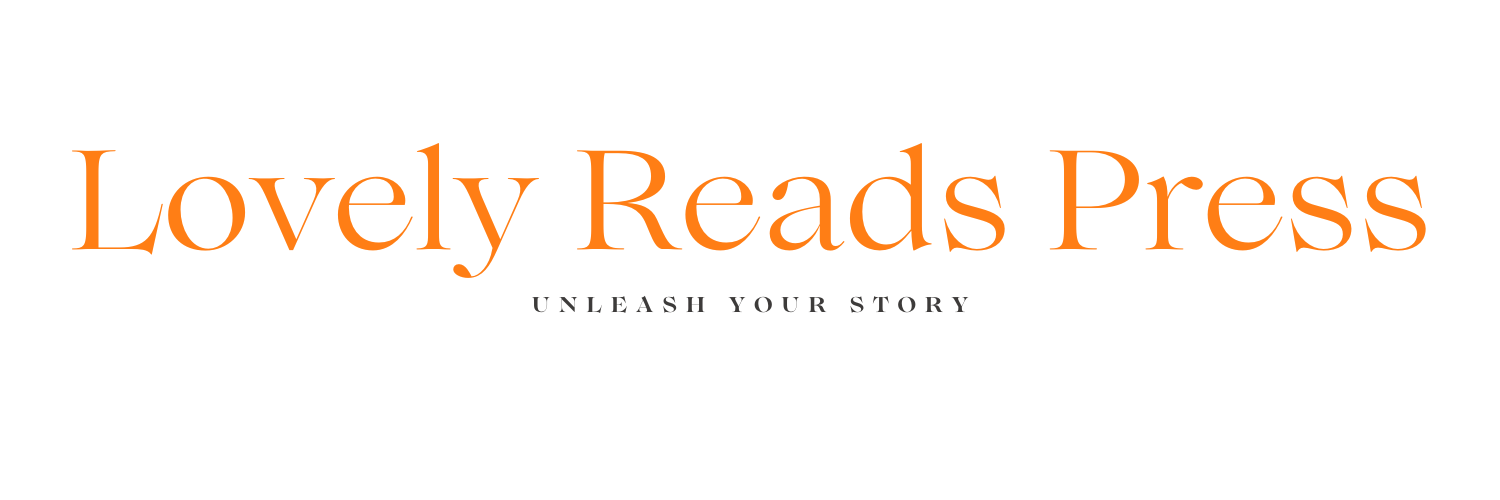When did you realize that you wanted to become
a writer?
I always wanted to
write; I just never thought I’d ever have a chance to be a writer. The
traditional publishing route didn’t seem feasible. I remember about 15 years
ago, someone asked me what I wanted to do by the time I was 40. My response
was, “I want to write a book.” That was my goal. Nothing happened. But, as
circumstances shifted unexpectedly, I had the opportunity to write a
full-length play for my school when I turned 40. Then, each year the
playwriting continued until I decided to try writing my first novel. I was
amazed at how it flowed. It seemed that I had finally got to the point of my
life when I was ready to create. It felt great. So I wrote my second, and now
my third (still unreleased.) I can’t stop the ideas from flowing. This is when
I realized that I wanted to be a writer.
The best and worst thing about it about being a
writer?
Best: the creating
and the feedback. I love creating stories and letting my imagination take my
words. It’s so much fun. It’s also very satisfying when a reader connects with
my story and says that it meant something to them. That’s quite an honor.
Worst: promoting. I
wish I could just write. However, I love doing this interview! :)
What was the very first thing you ever wrote?
A poem about
baseball. I was in grade school. I was
pretty much an awesome poem with great rhyming. Meaningful, too.
What made you create (your book)? How did it come to you?
I was looking for an
idea for a second novel when I got this image of a strange lady looking out of
her apartment onto the street to see a man in a red hat. That’s all I needed. I
then needed to discover what makes this woman (the recluse) so mesmerized by
the red hat. Then the recluse storyteller started telling her stories to me. It
was easy after that.
Who is your literary hero?
Hemingway has
probably always been my favorite writer.
How much of your characters are based on your
traits or someone you know personally?
My traits? Not so
much. Someone I know, not exactly. There are always snippets or images from
people I have known in the past, but I never model anyone after just one
person. It’s more like a collage.
Describe your main character in six words.
Reclusive. Strange. Sad. Imaginative. Insightful. Live-giving.
Describe the world you’ve created in six words.
Intertwined.
Overlapping. Anxious. Unsettled. Seeking. Finding.
What scene was your favorite to write?
When Margaret, the
storyteller, is telling the twins about a story where a girl climbs a hill to
wait for her father’s return. What she finds at the top of the hill, under the
scraggly crab-apple tree, is completely unexpected and changes everything for
her.
What scene was the hardest for you to write?
I had four different
stories that the recluse continually told inside the novel. The tricky part was
weaving them together and making the stories become relevant to the real-life
neighbors of the storyteller. It took time to navigate this, but I was
ultimately happy with how they came together.
What are you working on now?
Two things. My third novel,
The Reach of the Banyan Tree, is
finished and currently being read by a few advanced readers. I’ll be re-editing
and putting the finishing touches on it over the next six months.
The second is that I
am writing a full-length, yet-untitled musical (with a group of my students).
We will finish in December and then produce it for the stage in the first part
of 2014.
Goals? Accomplishments? Improvements?
I have many writing
goals. I have two more novels in my head that I hope to get rolling on in 2014.
Just need time! I also want to continue developing my playwriting skills, which
I absolutely love. I want to publish a book of short dramatic sketches sometime
within the next year. Again, time is the issue.
What's your favorite thing to do when you're not
writing?
Watch baseball. Coach
softball. Direct drama. Love all three of these.
